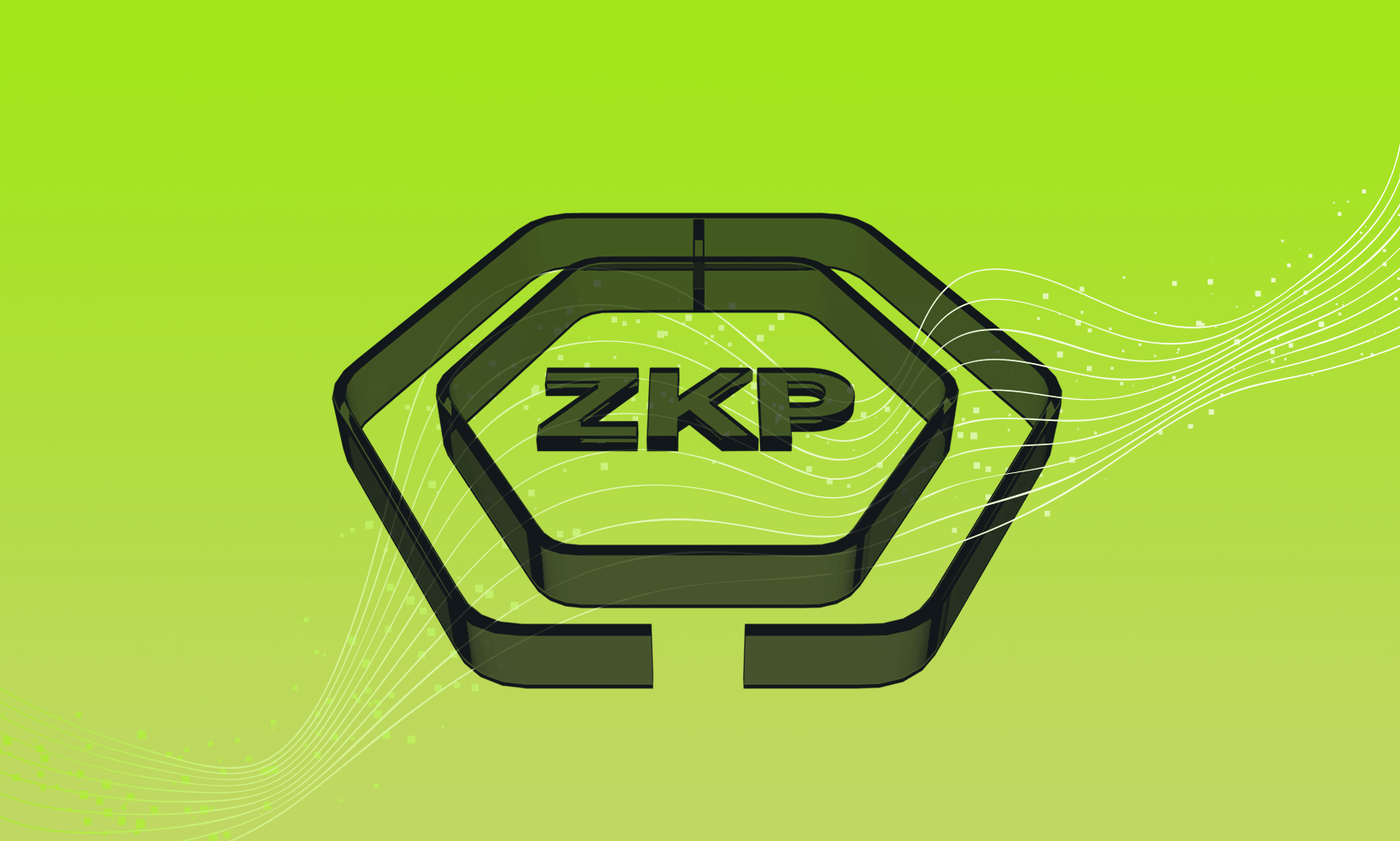Read more →
The Bitfury Group company has temporarily suspended it’s blog on Habr
Show first
Building a Private Currency Service Using Exonum
9 min
1.5KZero-knowledge proofs/arguments are an emerging cryptographic technology that promises to bring us closer to the Holy Grail of blockchain: providing data privacy and auditability.
Potential applications for zero-knowledge include, but are not limited to:
Another application for zero-knowledge proofs is helping blockchains scale. ZKPs allow for the “compressing” of computations for blockchain transactions without sacrificing security.
In this article, we describe how zero-knowledge (specifically, Bulletproofs) can be applied to build a privacy-focused service using Bitfury’s Exonum platform.

Potential applications for zero-knowledge include, but are not limited to:
- Inter-bank transfer systems (see a research paper by Narula et al.)
- Privacy-focused management of digital assets (see a proof of concept by J.P. Morgan and zCash)
- KYC (see a proof of concept by ING)
- Self-sovereign identity (see an attribute-based credentials EU project)
- Voting (see a proxy voting prototype by Russian National Security Depository)
Another application for zero-knowledge proofs is helping blockchains scale. ZKPs allow for the “compressing” of computations for blockchain transactions without sacrificing security.
In this article, we describe how zero-knowledge (specifically, Bulletproofs) can be applied to build a privacy-focused service using Bitfury’s Exonum platform.

+28
Generic Methods in Rust: How Exonum Shifted from Iron to Actix-web
13 min
6KThe Rust ecosystem is still growing. As a result, new libraries with improved functionality are frequently released into the developer community, while older libraries become obsolete. When we initially designed Exonum, we used the Iron web-framework. In this article, we describe how we ported the Exonum framework to actix-web using generic programming.


+26
